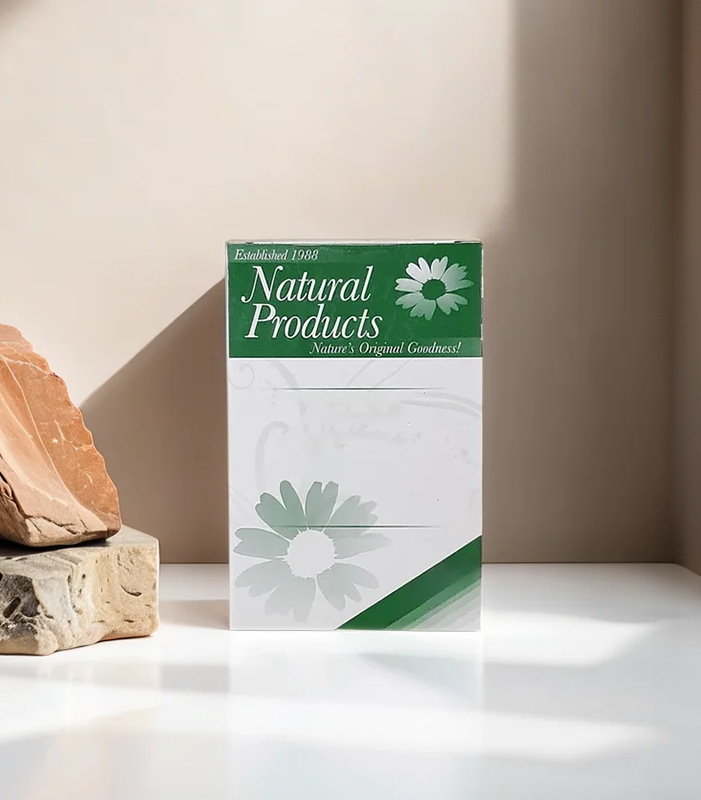Understanding Lemon Balm:
Lemon balm is an aromatic herb known for its lemon-scented leaves, which have been used medicinally and in cooking for centuries. Native to Europe and the Mediterranean region, lemon balm is now grown worldwide for its therapeutic properties and pleasant flavor.
Properties and Benefits:
- **Calming Effects**: Lemon balm is highly regarded for its ability to reduce anxiety and promote a sense of calm. It acts as a mild sedative, making it beneficial for addressing symptoms of stress and helping to improve sleep quality.
- **Digestive Health**: The herb is also used to relieve digestive issues such as bloating and indigestion. Its antispasmodic properties help soothe the digestive tract.
- **Cognitive Benefits**: Some studies suggest that lemon balm can enhance cognitive function and is used to treat mild to moderate Alzheimer's disease.
- **Antiviral Properties**: Lemon balm has been shown to possess antiviral properties, particularly against herpes simplex virus, and is used in topical treatments for cold sores.
- **Antioxidant Content**: Rich in antioxidants, lemon balm helps combat oxidative stress and supports overall cellular health.
Application and Usage:
- **Herbal Teas**: One of the most popular uses of lemon balm is in herbal teas, where its leaves impart a subtle lemon flavor and calming effects.
- **Culinary Uses**: Lemon balm can be used fresh in salads, as a garnish, or in sauces to add a citrusy flavor to dishes.
- **Aromatherapy**: Its essential oil is used in aromatherapy for stress relief and relaxation.
- **Topical Applications**: Lemon balm is included in creams and ointments for its antiviral benefits, especially in the treatment of cold sores.
Conclusion:
Lemon balm is a versatile herb that offers numerous health benefits, ranging from mental relaxation and improved digestive health to antiviral properties and cognitive enhancement.

